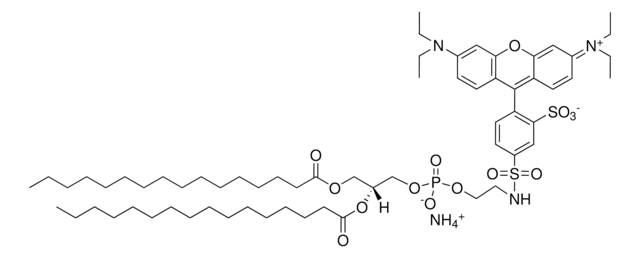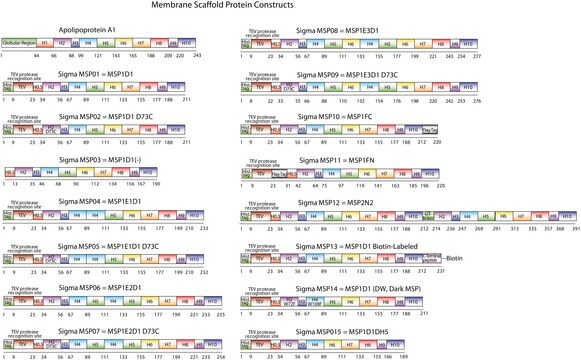P3017
2-Oleoyl-1-palmitoyl-sn-glycero-3-phosphocholine
≥95.5% (GC), ≥98% (TLC)
Sinónimos:
(7R,17Z)-4-Hydroxy-N,N,N-trimethyl-9-oxo-7-[[(1-oxohexadecyl)oxy]methyl]-3,5,8-trioxa-4-phosphahexacos-17-en-1-aminium 4-oxide, inner salt, 1-Hexadecanoyl-2-(9Z-octadecenoyl)-sn-glycero-3-phosphocholine, 1-Hexadecanoyl-2-(cis-9-octadecenoyl)-sn-glycero-3-phosphocholine, 1-Palmitoyl-2-oleoyl-sn-glycero-3-phosphocholine, 3-sn-Phosphatidylcholine, 2-oleoyl-1-palmitoyl, L-β-Oleoyl-γ-palmitoyl-α-lecithin, PC(16:0/18:1(9Z)), PC(16:0/18:1), PC(16:0/18:1w9), POPC
Seleccione un Tamaño
93,50 €
Seleccione un Tamaño
About This Item
93,50 €
Productos recomendados
Ensayo
≥95.5% (GC)
≥98% (TLC)
Formulario
powder
temp. de almacenamiento
−20°C
cadena SMILES
CCCCCCCCCCCCCCCC(=O)OC[C@H](COP([O-])(=O)OCC[N+](C)(C)C)OC(=O)CCCCCCC\C=C\CCCCCCCC
InChI
1S/C42H82NO8P/c1-6-8-10-12-14-16-18-20-21-23-25-27-29-31-33-35-42(45)51-40(39-50-52(46,47)49-37-36-43(3,4)5)38-48-41(44)34-32-30-28-26-24-22-19-17-15-13-11-9-7-2/h20-21,40H,6-19,22-39H2,1-5H3/b21-20+/t40-/m1/s1
Clave InChI
WTJKGGKOPKCXLL-RYDYYDTQSA-N
¿Está buscando productos similares? Visita Guía de comparación de productos
Descripción general
Aplicación
- in the liposome preparation for lipid binding assay of monogalactosyldiacylglycerol synthase (MGD1) activity in plant samples[3]
- in the preparation of liposome for fusion with human umbilical vein endothelial cells (HUVEC) to monitor interleukin1 induced clotting process[4]
- with trioleoylglycerol for phase separation studies[5]
Acciones bioquímicas o fisiológicas
Código de clase de almacenamiento
11 - Combustible Solids
Clase de riesgo para el agua (WGK)
WGK 3
Punto de inflamabilidad (°F)
Not applicable
Punto de inflamabilidad (°C)
Not applicable
Equipo de protección personal
Eyeshields, Gloves, type N95 (US)
Elija entre una de las versiones más recientes:
Certificados de análisis (COA)
¿No ve la versión correcta?
Si necesita una versión concreta, puede buscar un certificado específico por el número de lote.
¿Ya tiene este producto?
Encuentre la documentación para los productos que ha comprado recientemente en la Biblioteca de documentos.
Los clientes también vieron
Artículos
Read our article about how the Nanodisc system allows for structural studies of membrane proteins.
Filtros activos
Nuestro equipo de científicos tiene experiencia en todas las áreas de investigación: Ciencias de la vida, Ciencia de los materiales, Síntesis química, Cromatografía, Analítica y muchas otras.
Póngase en contacto con el Servicio técnico











